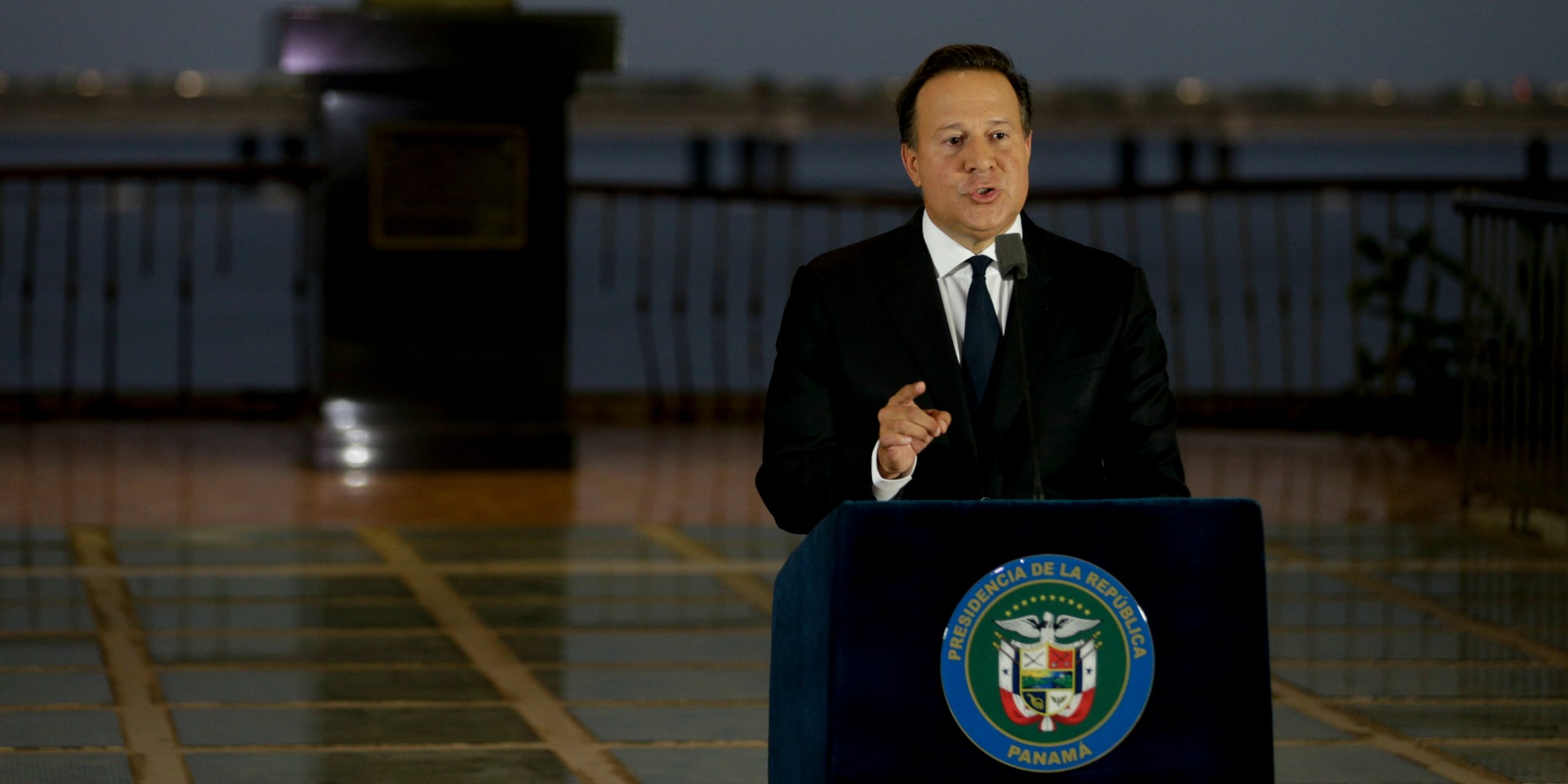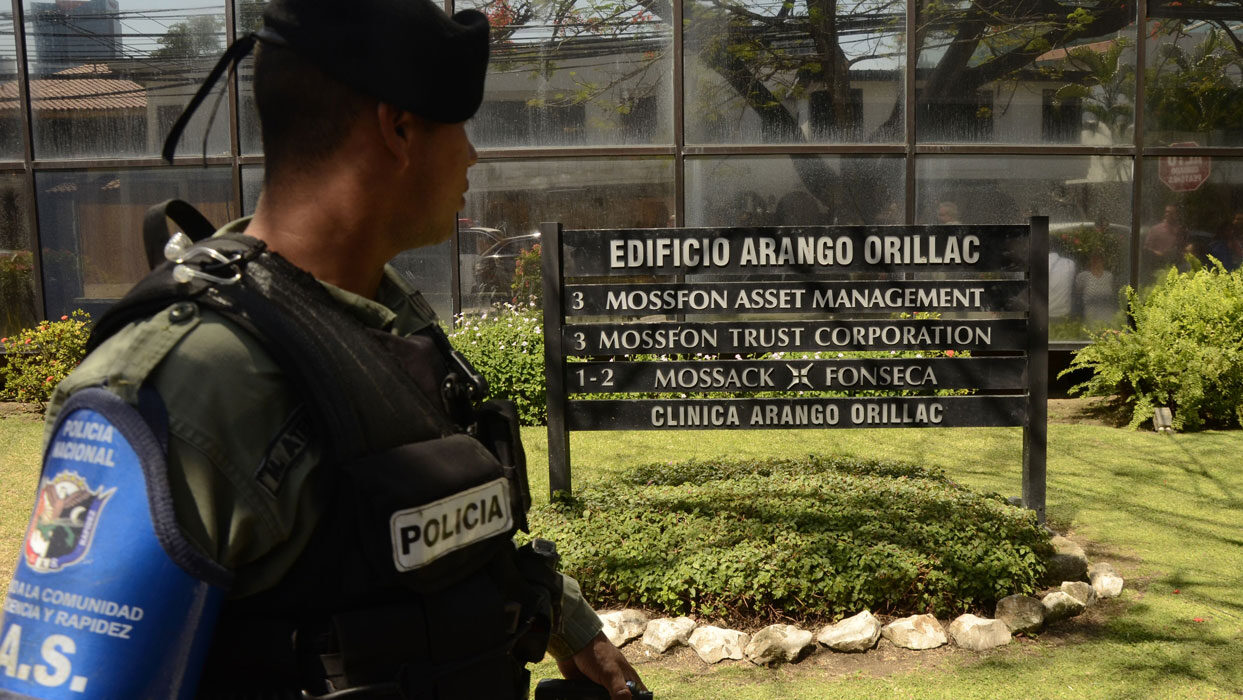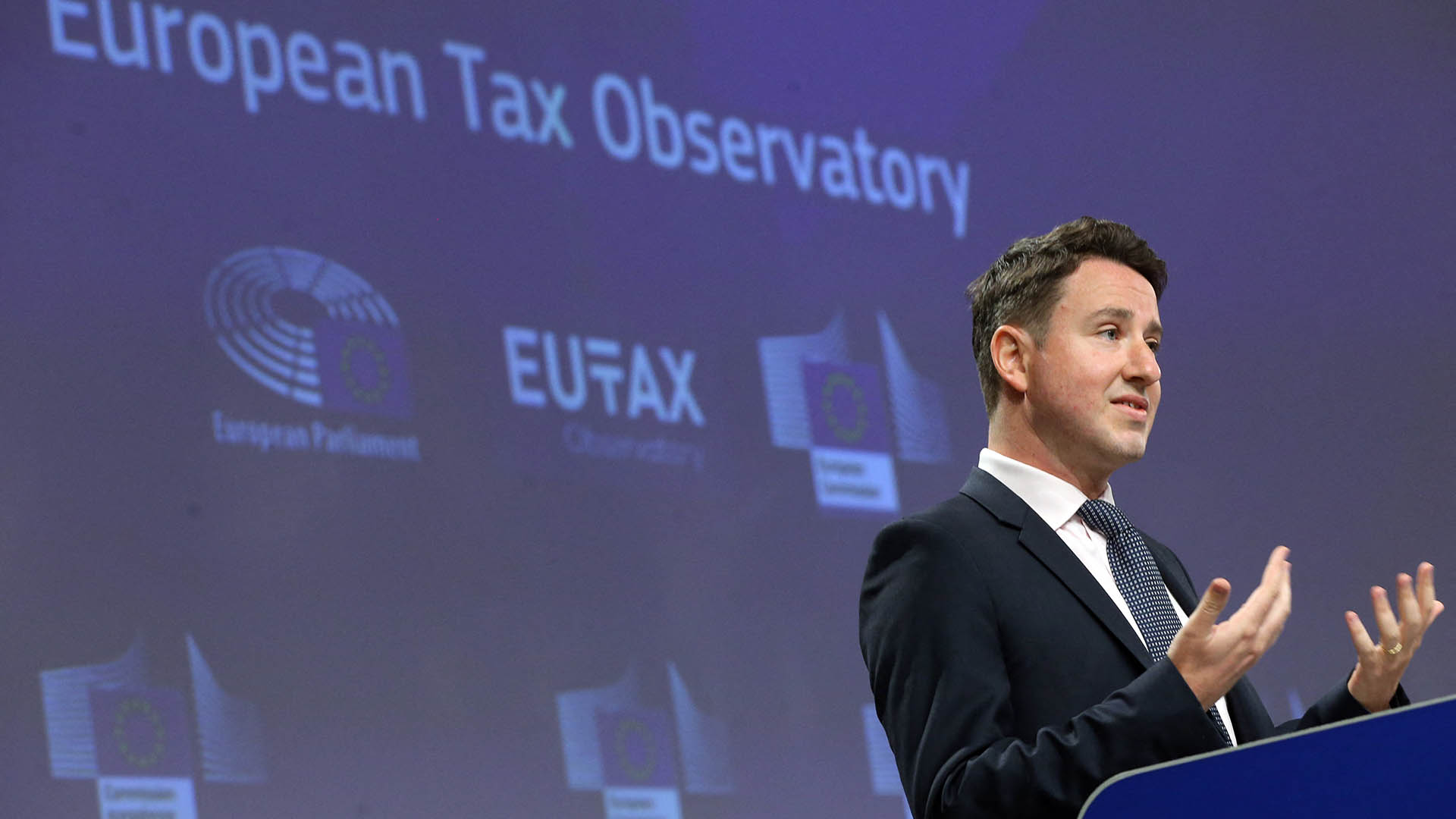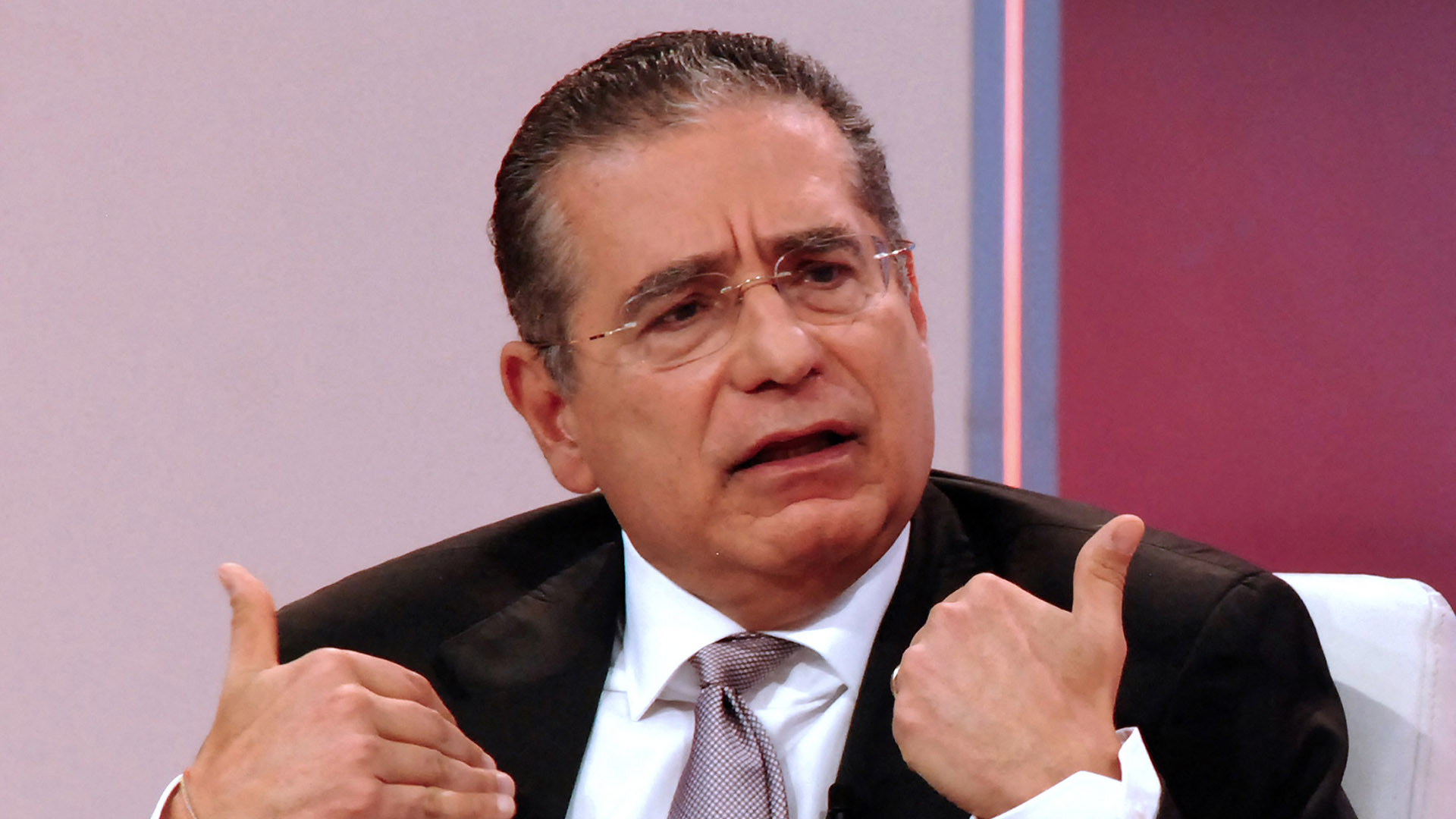Arrests, protests and legal challenges continue across the world, and Panama has now officially engaged a public relations firm to manage the country’s reputation amid ongoing global fallout from Panama Papers revelations.
The Panamanian government has contracted communications and consulting firm Bellwether Strategies to “promote Panama's commercial and diplomatic objectives” and to provide centralized “crisis communication” strategies for the government’s response to the Panama Papers.
The $50,000-a-month contract is detailed in filings with the United States’ Foreign Agents Registration Unit, which lists Panama’s president Juan Carlos Varela and ambassador to the U.S. Emanuel Gonzalez-Revilla as the officials overseeing Bellwether’s work.
Meanwhile in Israel, two investment and foreign exchange executives were arrested on suspicion of not declaring hundreds of thousands of dollars held offshore. The arrests are the first from the tax authority’s investigations of the Panama Papers, and more arrests are expected, according to reports.
In Ireland, Finance Minister Michael Noonan cited the Panama Papers as he handed down a budget that promised to boost tax enforcement powers and criminalize the facilitation of offshore tax evasion.
“The release of the so-called Panama Papers earlier this year showed how defaulters use offshore structures and accounts to avoid paying tax,” Noonan told the parliament last week.
In Malta, a former senior minister, Dr. Konrad Mizzi, faces continued calls for his resignation after revelations of an offshore trust in New Zealand. Mizzi, who lost his ministerial portfolios following the Panama Papers revelations but who remains a member of cabinet, refused to answer a journalist’s question on Thursday about why, according to emails contained within Panama Papers, he wanted to avoid alerting banks in Malta to his offshore company in New Zealand. Mizzi has asked the Maltese tax authorities to audit his financial affairs.
Pakistani members of the opposition continue to accuse Prime Minister Nawaz Sharif of obstructing investigations set up in the wake of Panama Papers. Sharif’s children, including his daughter who has been touted as a potential successor, were linked to at least three offshore companies. Sharif’s government pledged to establish a commission to look into allegations of wrongdoing but the process has been hampered by a lack of agreement on the terms of the commission’s investigation. Separately, a three-member bench of Pakistan’s Supreme Court will hear pleas this week from opposition parties asking the court to bar the Prime Minister from carrying on with official duties amid allegations he lied to the country’s national assembly about the value of his assets.
In Nigeria, protestors rallied in the capital, Abuja, on Wednesday, waving placards that called on President Muhammadu Buhari to probe Nigerians mentioned within Panama Papers.
In Spain, ICIJ’s media partner El Confidencial announced last week that the publisher of its chief competitor planned to sue the newspaper for $9 million. Lawyers representing Grupo Prisa, the parent company of rival newspaper El Pais, reportedly admitted El Confidencial’s reporting was accurate, but claimed that the Panama Papers revelations relating to Grupo Prisa’s owner, Juan Luis Cebrián, amounted to unfair competition. Both newspapers are fighting for top-spot in the Spanish news market. Grupo Prisa claims it has lost readers and suffered economic loss because of El Confidencial’s report on Panama Papers.
Editor of El Confidencial, Nacho Cardero, told ICIJ that if the court challenge is successful, “this suit would mean that journalists can't write or investigate about other editors or journalistic companies” no matter the level of public interest.




